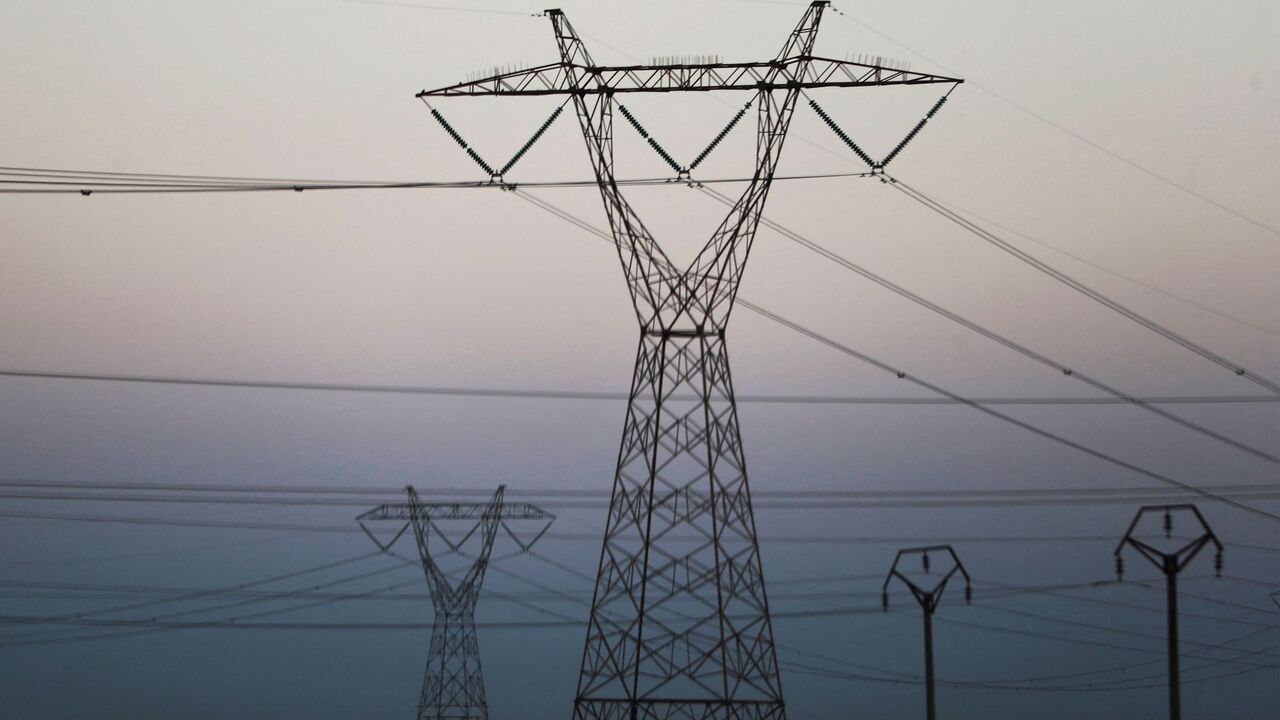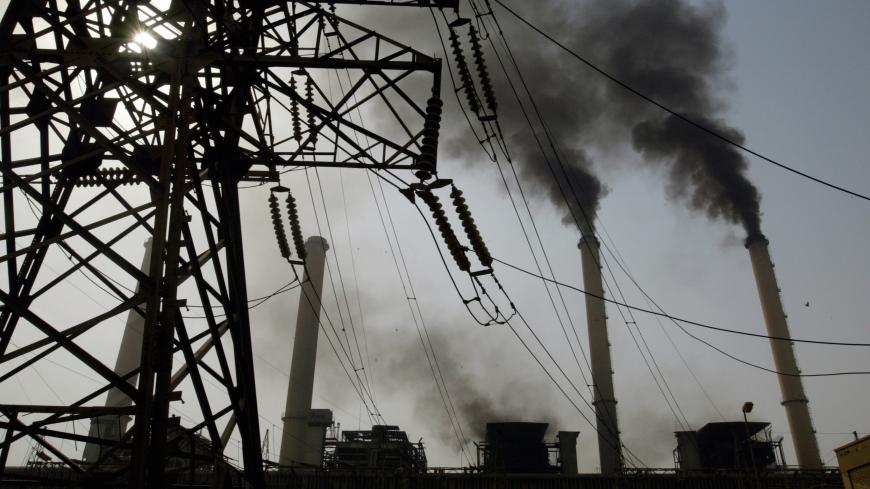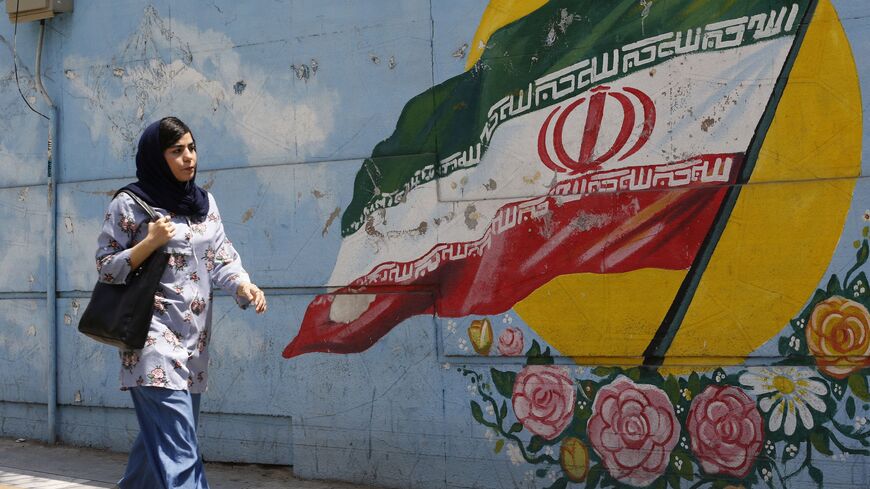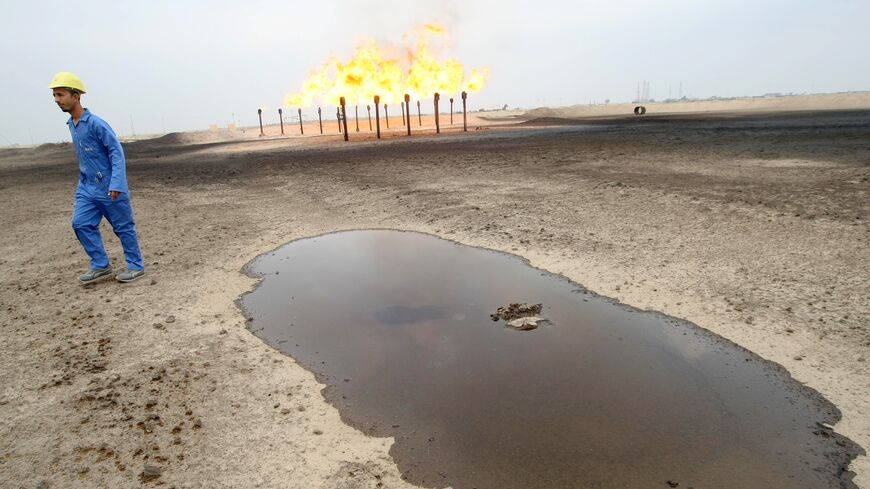US renews sanctions waiver for Iraq to purchase Iranian electricity
The waiver issued on July 11 permits Iraq to pay neighboring Iran for electricity imports without running afoul of US sanctions.

WASHINGTON — The United States has granted Iraq another four-month sanctions waiver to purchase Iranian electricity, the proceeds from which Iran can access only for limited humanitarian trade, a State Department spokesperson told Al-Monitor.
The United States has issued regular waivers since 2018 so that Iraq can meet its short-term energy needs without running afoul of US sanctions. Washington maintains heavy sanctions on Tehran, and has encouraged Baghdad to reduce its dependence on Iranian natural gas and electricity.
Iraqi Foreign Minister Fuad Hussein discussed his country’s reliance on US waivers for Iranian energy imports in meetings with Treasury Department officials in Washington last week.
The 120-day waiver, which was renewed on July 11, comes as Iraqis suffer from power outages that are especially common in the sweltering summer months when temperatures exceed 50 degrees Celsius (120 Fahrenheit) and the demand for air conditioning puts additional strain on the country’s dilapidated electricity grid. Last weekend, protests over the power shortages erupted in the central Iraqi cities of Diwaniyah and Najaf.
“Since 2018, the Department has permitted Iraq to purchase Iranian electricity while Iraq develops its domestic generation capacity, continuing a practice from prior administrations,” a State Department spokesperson said in a statement.
“Under the terms of the Iraq electricity waiver, no Iranian funds have been released to Iran,” the spokesperson said. “The funds are held in restricted accounts and can only be used for humanitarian trade and other non-sanctionable transactions.”
Past exemptions have drawn sharp criticism from congressional Republicans who contend that the arrangement frees up domestic funds for Iran to spend on regional terrorism, its nuclear program and other malign activities.
In an April letter to Treasury Secretary Janet Yellen and Secretary of State Antony Blinken, a group of Senate Republicans raised the alarm over a provision in recent sanctions waivers that authorizes payments to be deposited into third country banks instead of accounts inside Iraq.
The administration also clashed with Iran hawks on Capitol Hill over the deal reached in September to secure the release of five Americans. As a condition of the prisoner exchange, Iran gained limited access to $6 billion of its oil revenues that were frozen in South Korea due to US sanctions. The funds were wired to a restricted account in Qatar that Iran could access for purchases of humanitarian goods from vetted providers.
The Biden administration defended the arrangement as one in which Washington would have significant oversight. Critics of the deal countered by saying financial assets are fungible.
Shortly after the Oct. 7 attack by Iran-backed Hamas, the United States and Qatar quietly agreed to block Iran from accessing the restricted funds. At the time, US officials insisted that not a single dollar had been made available to Tehran.
Reformist Masoud Pezeshkian was recently elected as Iran’s next president following Ebrahim Raisi’s death in a May helicopter crash. During his campaign, Pezeshkian pledged to negotiate directly with the United States to lift sanctions that have taken a major toll on Iran’s economy.






